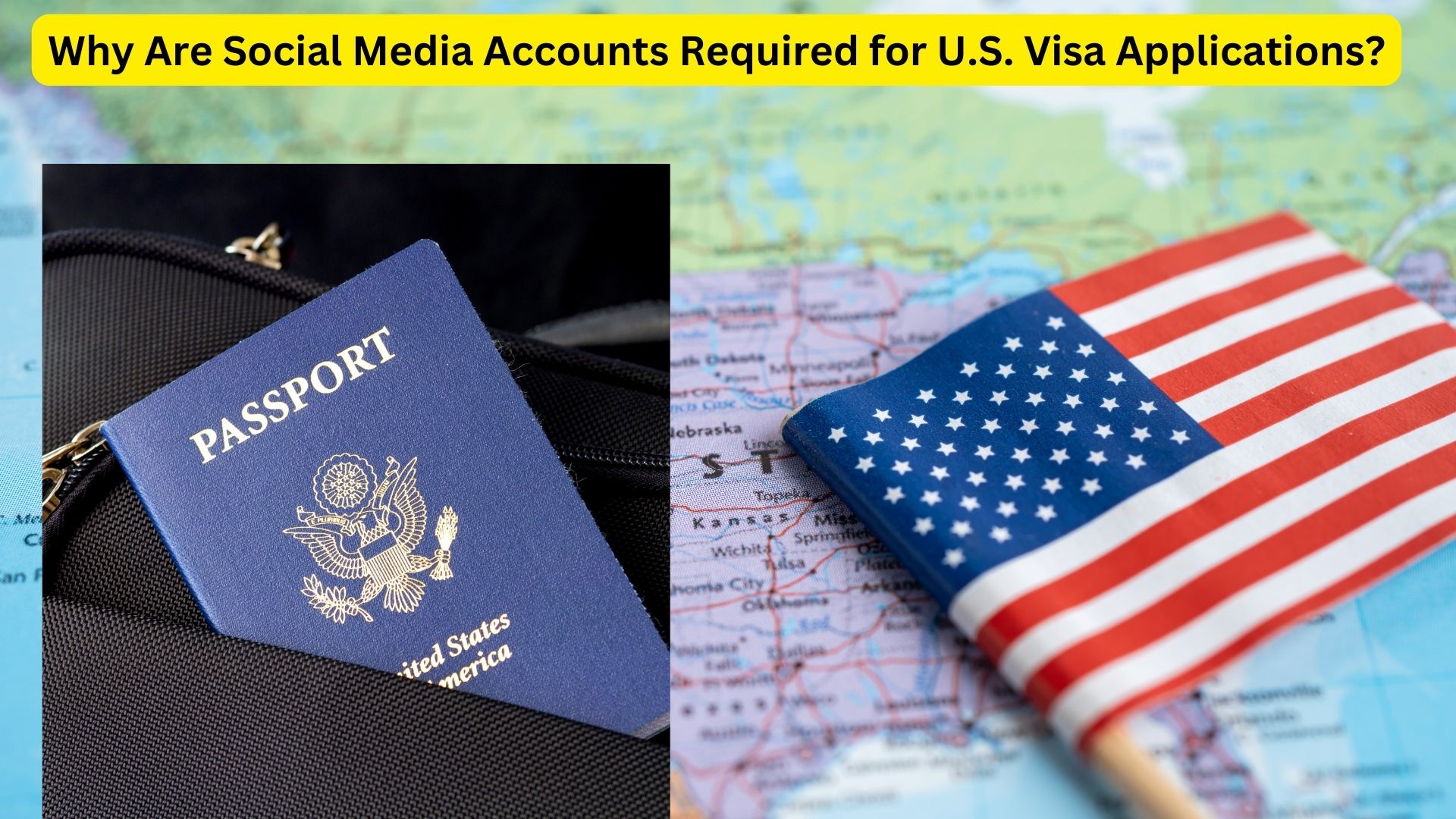
Recently disclosed documents have raised doubts about the effectiveness of a contentious rule that compels millions of visa applicants to disclose their social media profiles to the U.S. government. This rule was initially put in place by the Trump administration in 2019 and was intended to aid in screening for potential terrorists. However, intelligence officials have concluded that it adds no significant value to the vetting process and has had minimal impact on its accuracy.
This rule, which has sparked concerns regarding online speech suppression and privacy infringement, prompted President Joe Biden to launch a review upon assuming office. Despite the lackluster findings, the Biden administration has chosen to maintain the policy, even winning a recent legal challenge.
The Knight First Amendment Institute at Columbia University, in collaboration with the Brennan Center for Justice at New York University, utilized the Freedom of Information Act to acquire documents linked to this review. Their lawsuit contended that the rule could endanger applicants from authoritarian countries by forcing them to disclose pseudonyms used for discussing politically sensitive matters on social media. This, in turn, could pose a risk if such information reaches their respective governments.
The lawsuit argued that the rule violated the First Amendment by stifling the online expression of these individuals, impacting the rights of both American citizens and foreigners protected by the U.S. Constitution, including those already residing in the country.
Anna Diakun, an attorney at the Knight Institute, asserted that the government should discontinue the collection of such data, describing it as “security theater.” She emphasized that the costs incurred on freedom of speech and association outweighed any potential benefits, urging the government to abandon the practice.
The White House National Security Council declined to comment on the matter. A senior administration official, speaking anonymously, acknowledged that collecting social media data had not proven effective in identifying potential terrorists among visa applicants. However, security officials believed there was still a rationale for gathering such information and opted to explore better ways to utilize it.
One email indicated that national security officials wanted to collect social media identifiers in bulk for a different purpose: contributing to extensive databases used for identity intelligence, assisting analysts in identifying specific individuals.
The origins of this policy trace back to the Obama administration during the peak of the Islamic State group’s influence, particularly after the San Bernardino shooting in 2015, when one of the suspects had pledged allegiance to the group on Facebook. In response, lawmakers and counterterrorism officials from both parties supported the idea of scrutinizing social media activity as part of the visa vetting process.
In 2016, Citizenship and Immigration Services initiated a pilot project to identify potentially problematic social media posts from visa applicants, but its effectiveness was later questioned by an inspector general report. Customs and Border Protection also began requesting social media handles from online registrants visiting the U.S. from visa-exempt countries, although answering was optional.
During his presidential campaign, Donald Trump advocated for stricter measures to prevent terrorists from entering the U.S., including “extreme vetting” of visitors and a ban on Muslims. In 2017, he issued executive orders aimed at limiting entry from several Muslim-majority countries. In 2018, the State Department proposed the collection of social media handles from visa applicants, which sparked public outcry and concerns about privacy, freedom of speech, and effectiveness.
Despite the backlash, the State Department implemented the policy in 2019. Since then, social media handles provided by visa applicants have been sent to the National Counterterrorism Center, along with other identifying information. Analysts cross-reference this data, and if a potential match is found, the applicant undergoes a more thorough review, with the possibility of visa denial.
In late 2019, the Knight Institute and Brennan Center filed a lawsuit challenging the rule, claiming it was improperly created and violated the First Amendment. This lawsuit was pending when President Biden took office in January 2021, and he subsequently rescinded Trump’s entry bans.
Biden’s proclamation directed relevant departments to review the effectiveness of collecting social media data as part of the screening and vetting process, leading to the temporary pause in the lawsuit. While the White House has not released a report on the review’s findings, it rejected two proposals from the Department of Homeland Security to expand the collection of visitors’ social media usernames, citing a lack of practical utility.
Also Read
WhatsApp Unveils Innovative ‘Reply Bar’ Feature: An Overview and Functionality
Despite these developments, the State Department has retained the social media question on visa application forms, stating that while the policy remains under discussion, there are no immediate plans to change it. In a recent ruling, U.S. District Court Judge Timothy Kelly, appointed by Trump, dismissed the lawsuit, asserting that the regulation could stand as long as it had a rational justification, without requiring evidence of its effectiveness.

2 thoughts on “Why Are Social Media Accounts Required for U.S. Visa Applications?”